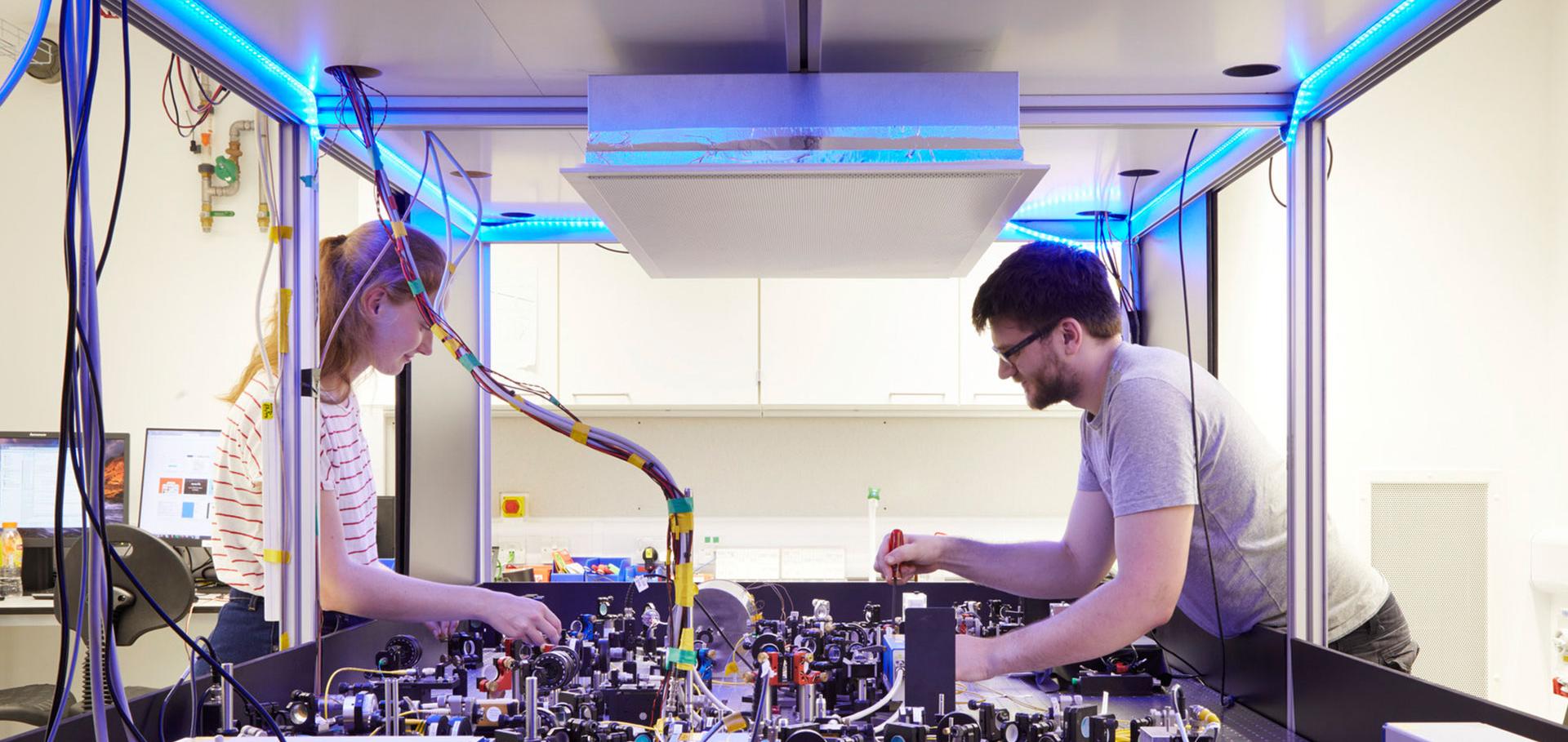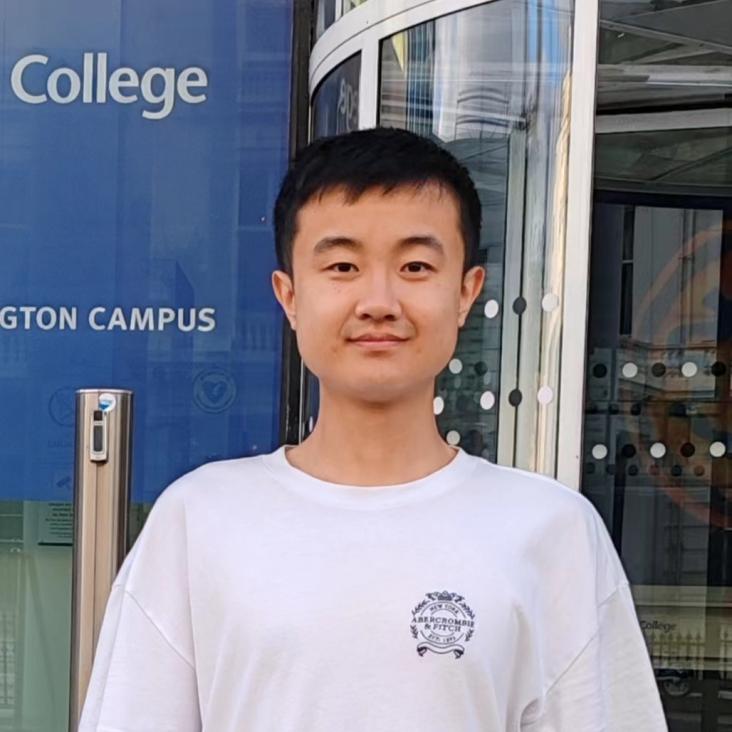Efficient Quantum Imaginary Time Evolution by Drifting Real-Time Evolution: An Approach with Low Gate and Measurement Complexity
Journal of Chemical Theory and Computation American Chemical Society (ACS) 19:13 (2023) 3868-3876
Ab initio quantum simulation of strongly correlated materials with quantum embedding
npj Computational Materials Springer Nature 9:1 (2023) 78
Probing spectral features of quantum many-body systems with quantum simulators
(2023)
Low-Depth Hamiltonian Simulation by an Adaptive Product Formula
Physical Review Letters American Physical Society (APS) 130:4 (2023) 040601
Experimental quantum computational chemistry with optimised unitary coupled cluster ansatz
ArXiv 2212.08006 (2022)


